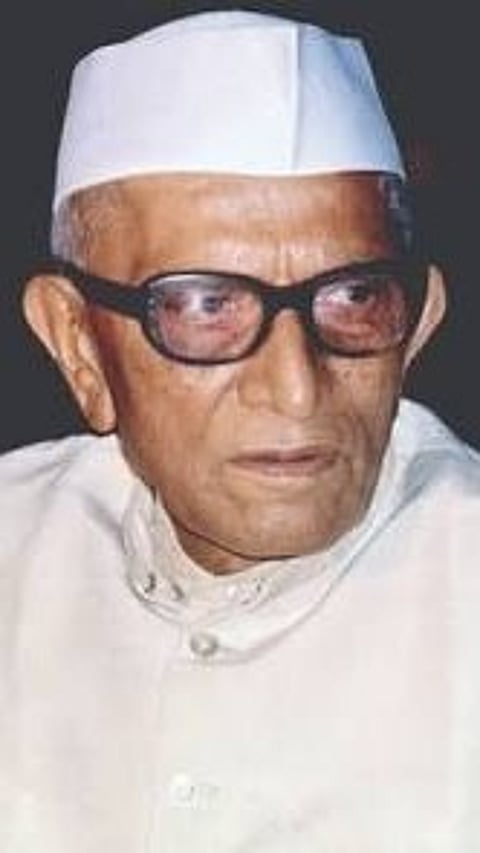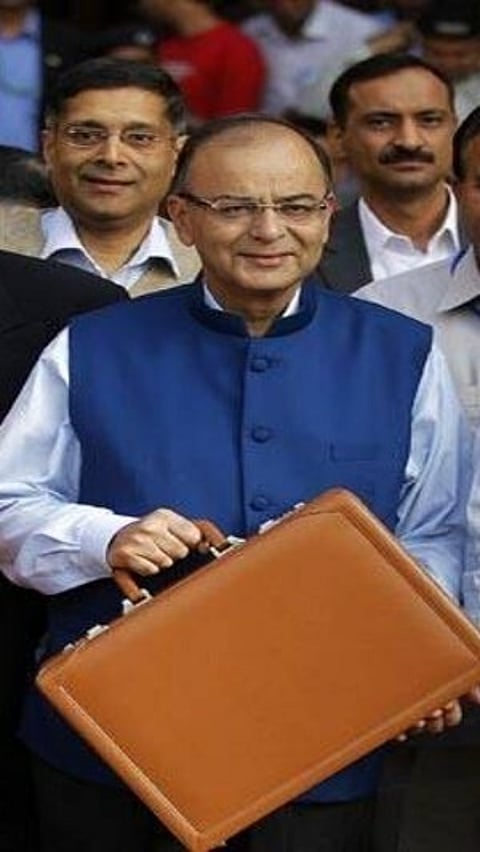Presentation Of Union Budget
Annual Union Budget presentation holds huge economic significance as it discloses the upcoming fiscal roadmap for the next one year and outlines the Centre's strategy for economic growth.
Annual Union Budget presentation holds huge economic significance as it discloses the upcoming fiscal roadmap for the next one year and outlines the Centre's strategy for economic growth.

Finance Minister Nirmala Sitharaman is set to table the full budget for 2024-25 financial year on July 23. On February 1, she presented an interim budget ahead of the Lok Sabha Elections.

On April 7, 1860, the first-ever Budget of India was presented by Scottish economist James Wilson. Income Tax was then introduced in budget that still remains a major source of revenue generation.

Post-independence, the first budget was presented on November 26, 1947 by the then finance minister RK Shanmukham Chetty.

This record still belongs to ex-PM Morarji Desai who presented 10 Budgets during his tenure as the finance minister between 1962 to 1969.

Breaking the colonial stereotype of carrying a 'Gladstone Box', FM Sitharaman in 2019 switched to 'Bahi Khata'. In 2021, the concept of paperless budget was introduced.

Till 1999, 5 PM of the last working day of February was the scheduled date and time for budget presentation which got changed to 11 am by the then FM Yashwant Sinha. Arun Jaitley in 2017 changed the date to February 1.

Nirmala Sitharaman holds the record for the longest budget speech of two hours and 40 minutes for FY 2020-21. Word-wise, the record belongs to
ex-PM Manmohan Singh. In 1991, his Budget speech had a total of 18,604 words.

Hirubhai Mulljibhai Patel's 1977 interim budget speech was of 800 words, making it the shortest budget speech ever.

Every year, right ahead of the Budget presentation, 'halwa' is prepared and served to officials and staff members of the finance ministry. Traditionally, this marks the 'lock-in' period during which the secrecy is maintained the final budget document.
